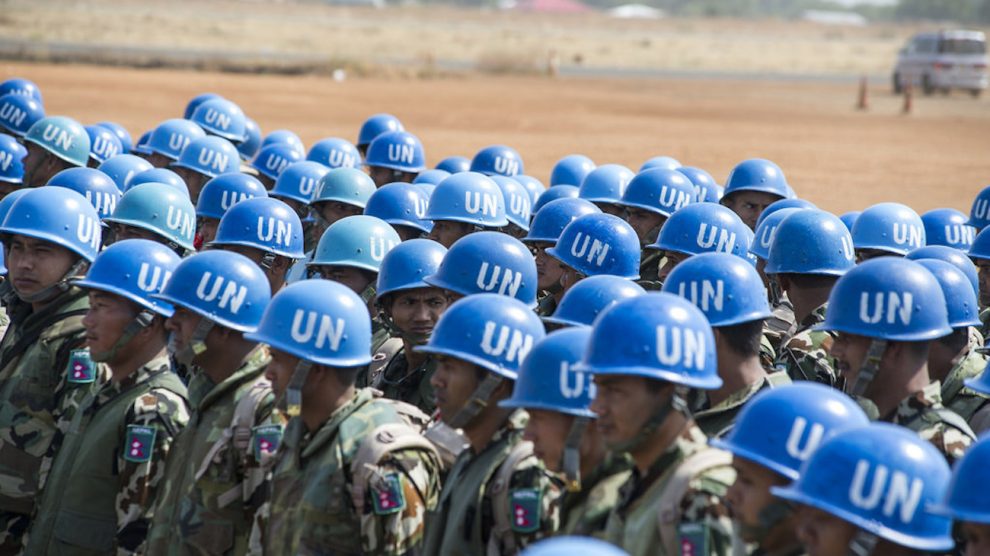Put UN peacekeepers in Gaza, says Rome. As nations debate solutions to ensure stability in the Gaza Strip once the dust from the Israel-Hamas war has settled, the Italian government (as well as opposition parties) are voicing support for placing the United Nations’ Blue Helmets. Italian Foreign Minister Antonio Tajani, who attended Thursday’s international conference on Gaza in Paris, pushed for this solution during the meeting with his G-7 homologues in Tokyo.
- “We have talked about it, and we will continue to discuss it,” he said on Tuesday, stressing the most urgent need is de-escalating as soon as possible (a concern jointly shared by his colleagues) and then working towards a “two peoples, two states” solution.
- This entails a phase of transition, which is where the UN peacekeepers could come in.
The Lebanese precedent. Such a solution would be modelled after the UNIFIL mission, through which the Blue Helmets have been stationed in Lebanon, near the Israeli border, since 1978, carrying out crucial stability-fostering duties. Italy, which is a major contributor to the mission, was behind the 2006 push that bolstered it significantly.
- The Italian Armed Forces also train and support Lebanon’s, making Rome a close and trusted partner to Beirut. When he met Prime Minister Giorgia Meloni, her Lebanese counterpart Najib Mikati expressed as much.
Dialogue is key, in Lebanon as in Palestine, where the Italian Carabinieri have been training the Palestinian Authority’s police forces over the past years. On Wednesday, Defence Minister Guido Crosetto confirmed that the United States had requested Carabinieri staffers at the US Coordination Center in Jerusalem, highlighting their role as trusted interlocutors.
- That’s how Italy and its diplomatic network can facilitate the creation of a UN force, leveraging “the strength of its best diplomatic tradition and the credibility gained, for example, in the last conflict between Israel and Lebanon,” remarked the head of the Democratic Party’s foreign affairs department, Giuseppe Provenzano, on Thursday, backing FM Tajani’s call for a UN peacekeeping mission.
What could stand in the way: bad blood between the Israeli government and the UN, as showcased by the Israeli reaction to Secretary-General Antonio Guterres’ speech to the Security Council where he said that Hamas’ attack on Israel, which he unequivocally condemned, “did not happen in a vacuum”. The Israeli Ambassador to the UN, Gilad Erdan, repeatedly called for his resignation, accusing him of “justifying terrorism” and “once again distort[ing] and twist[ing] reality.”
- Relations between Israel and the United Nations have historically been fraught, and this latest war has exacerbated mutual distrust.




